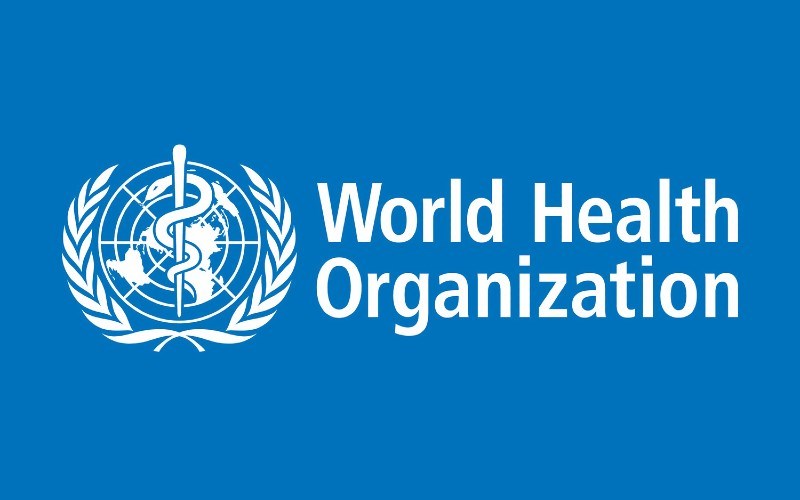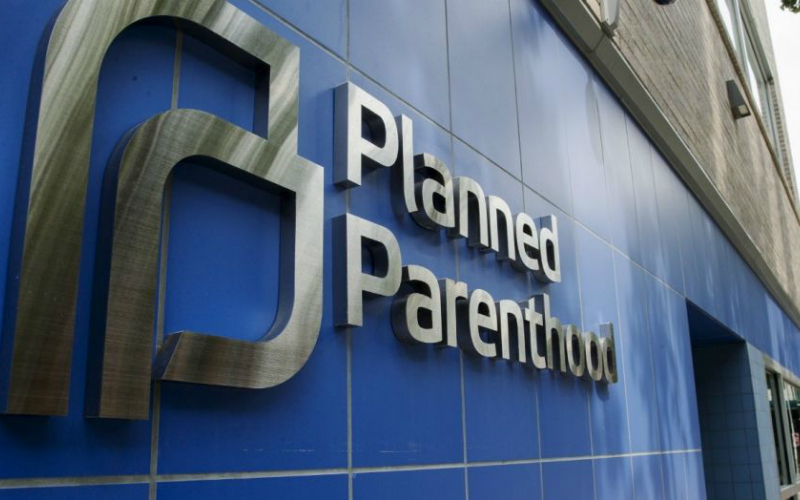Alexis Fragosa, director of government relations for the Center for Family & Human Rights (C-FAM), says the World Health Organization (WHO) recently released a list of guidelines recommending use of abortion-causing drugs, Plan B, and contraceptives in Third World countries, where access to abortion is limited.
"Since the pandemic, the pro-abortion advocates of the WHO have seized an opportunity to encourage women in least developed nations and nations where abortion is highly restricted or illegal to obtain abortion through at-home abortion," Fragosa reports.

But she points out that chemical abortions are dangerous, as they have been known to result in serious complications and death. Also, the WHO guidelines fail to consider that the cultures or religious beliefs of many countries reject abortion. And when women in remote communities suffer serious complications from at-home abortions, they do not have access to hospitals or emergency care.
"This is absolutely a concern because there is a lack of basic access to emergency care, starting from the lack of roads and vehicular access to the lack of an actual emergency hospital to go to," Fragosa notes.
So the fact that more complications and a lack of resources equates to more deaths, Fragosa reasons that the WHO is more concerned with promoting the abortion agenda than it is about the welfare of women.







